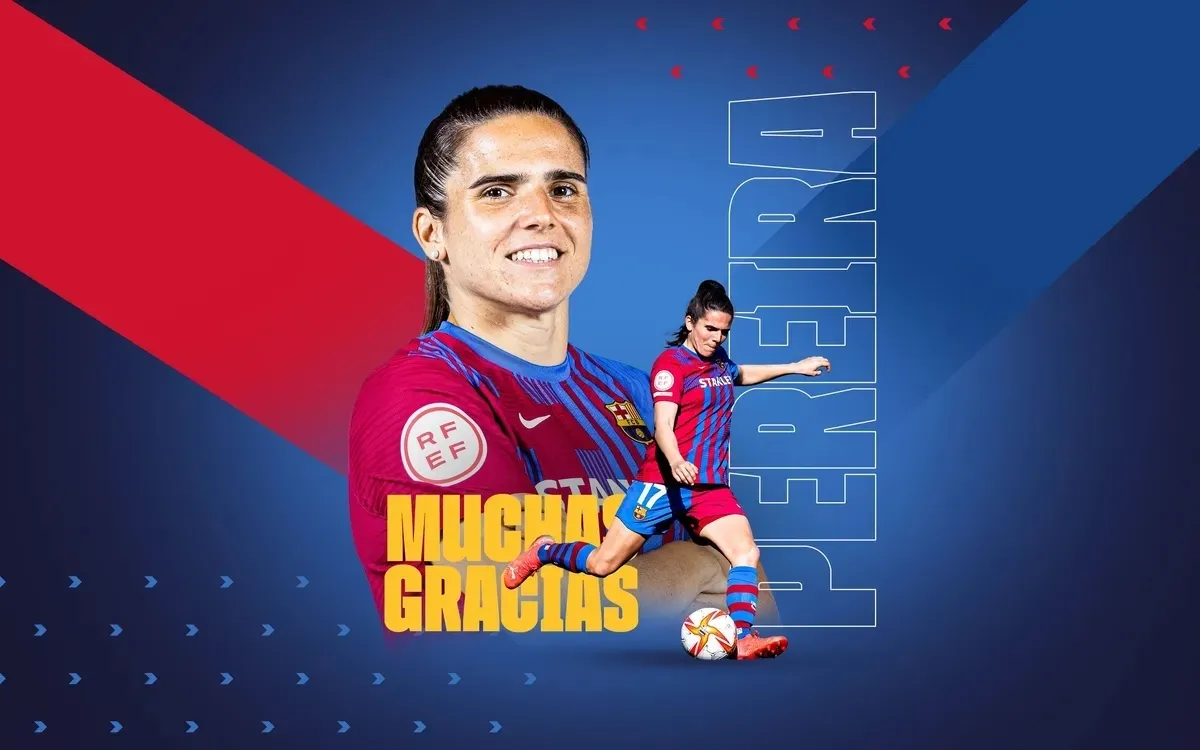In the field of elite sport, diabetes management becomes an additional challenge for athletes.However, this does not have to stop them, on the contrary, they can do any sport and maintain high performance if good control of glucose levels is performed.
Thus, elite athletes who have diabetes face challenges similar to those of those without this condition.In addition to following an adequate training plan, it is essential that they pay special attention to their food, making sure to consume the necessary amount of carbohydrates in the different stages of training and competition.It is also important to maintain adequate hydration, including the replacement of electrolytes, essential to achieve optimal performance.
The main difference lies in the good insulin adjustment, since people with diabetes can experience hypoglycemia as a result of sport, especially in the case of long -term physical activities, such as long -distance careers, which require constant consumption ofglucose.
On the other hand, sports that alternate high intensity moments with rest periods, such as football or tennis, can cause a temporary increase in glucose levels due to hormones against islands released during intense activity.
Therefore, it is essential that athletes carry out a gradual adaptation during training to understand how their body responds to insulin and carbohydrate intake during the competition.
Two figures recognized in the field are Andrea Pereira, professional footballer with years of experience in FC Barcelona and the Spanish women's team;and to Dr. Pedro Pinés, endocrine of the Endocrinology and Nutrition Service of the Integrated Area of the Albacete Hospital.


